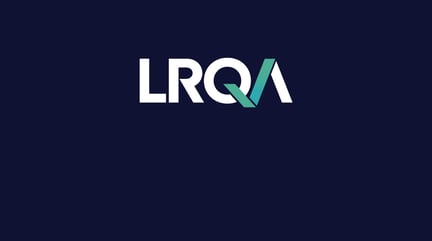LRQA nets first audits for new ASC aquaculture standard.
Since the standard launched on 18 March, LRQA has already audited six farms including two SÜRSAN SU ÜRÜNLERi farms in Turkey, with a further seven in the pipeline, and has also received significant interest from many other fish farmers looking to verify their farms.
“Turkey in particular has seen a rise in seabream and seabass certification in recent years, with many businesses seeking to provide enhanced assurance despite tough global market conditions,” comments Paul Macintyre, Aquaculture Director at LR. “The species have been blighted by negative connotations in the past, particularly around perceived impacts on the environment, biodiversity, water quality and the benthos. Being certified by this standard means producers can prove that their farms have met the criteria demanded by ASC which in turn means retailers and consumers can have confidence in the product.”
As the pioneer of the first accredited aquaculture standard, LRQA has 30 years’ experience in the industry, providing fishery and aquaculture certification and assurance to customers in over 40 countries. It is currently the largest global provider of MSC Sustainable Fishing Assessments, assessing over 100 species of fish.
Paul previously worked for an international aquaculture production company and as well as leading the aquaculture team at LRQA, participates on a number of Standard Owner technical committees. He continues: “We’re seeing significant growth across the aquaculture, fishing and seafood supply chain industries as more businesses adapt to the demands of retailers. We audit against the full range of standards as do many other CBs, but it’s the technical competence of our auditors and assessors working across the world who make us different. They’re experts in aquaculture, chain of custody and supplier audits for retailers and manufacturers, and have a deep-rooted understanding of the challenges faced by fish farmers as they navigate the increasing demand for aquaculture products, and pressure from customers to maintain “approved supplier” status.


